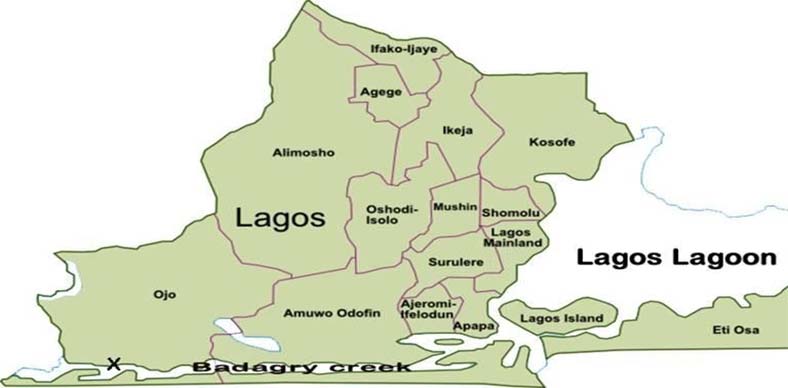The Lagos rental market has been described as volatile and unpredictable, with many hidden policies that unsuspecting tenants are often unaware of, a report by the State of Lagos Housing Market, Volume 3, has stated.
It stated, “The housing market in Lagos is characterised by high levels of activity and sustained demand across all income segments. Described by stakeholders as “vibrant” and “active,” the market reflects a strong appetite for housing, particularly within the affordable and middle-income brackets. However, this widespread demand is not being met with an equivalent level of supply, leading to a persistent and growing supply-demand imbalance. This imbalance is most severe at the lower end of the market. While luxury and high-income housing projects continue to dominate new construction, there remains a significant shortage of housing that is both accessible and affordable for middle- and low-income earners. The Lagos rental market was also described as volatile, full of hidden policies that people are not aware of.
“This supply distortion has contributed to rising housing costs and has pushed many potential homebuyers and renters out of the formal market. As a result, affordability has become one of the most critical challenges in the Lagos housing landscape.
For the vast majority of residents, especially those in the middle and lower income bands, owning or even renting decent accommodation within reach of economic centres is increasingly unattainable. This growing affordability crisis is prompting both public and private actors to explore alternative financing models, such as flexible payment structures and rent-to-own schemes, which are beginning to gain traction.”
The report noted that the rise of informal housing and unplanned settlements, driven by inadequate formal supply and compounded by regulatory bottlenecks, infrastructure gaps, and market risks, continues to undermine buyer confidence and housing delivery in Lagos.
It added, “Simultaneously, the proliferation of informal housing and unplanned settlements reflects the systemic failure to provide adequate formal housing at scale. As population growth continues to outpace housing delivery, many residents are turning to informal solutions, further straining urban infrastructure and planning systems. Compounding these issues are persistent regulatory and infrastructural bottlenecks that contribute to market risk and uncertainty. Unclear land titles, frequent developer defaults, and widespread infrastructure deficits make the market both difficult to navigate and risky for buyers. These systemic weaknesses reduce buyer confidence and hamper supply delivery, particularly in emerging housing corridors.
“Despite these challenges, the market is also witnessing emerging trends and innovations aimed at bridging existing gaps. Mid-income housing estates are growing in newer districts such as Ibeju-Lekki, while investor interest is increasingly drawn to short-let and luxury property markets that promise high returns. The popularity of these segments suggests a shift in market focus toward investor-driven dynamics, particularly in high-demand areas where speculative buying is intensifying competition and driving up prices.
“Ultimately, the Lagos housing market reflects a complex ecosystem in which unmet demand, affordability constraints, informal expansion, and speculative investment intersect. While innovation is offering partial solutions, significant structural reforms in finance, planning, and regulation will be necessary to create a more inclusive and balanced housing system.”
The State of Lagos Housing Market, 3rd Edition, published by the Roland Igbinoba Real Foundation for Housing and Urban Development. The first and second editions were published in 2009 and 2016, respectively.















